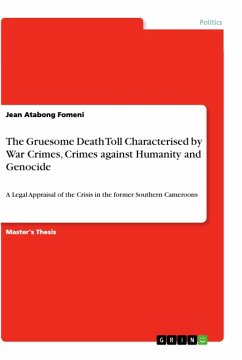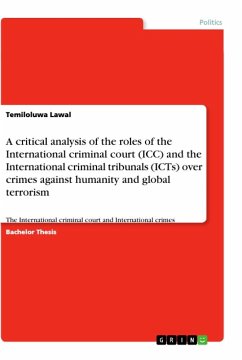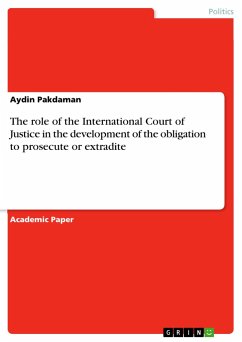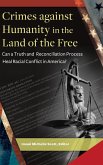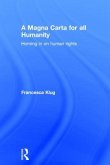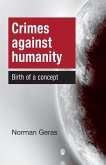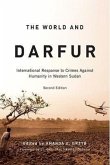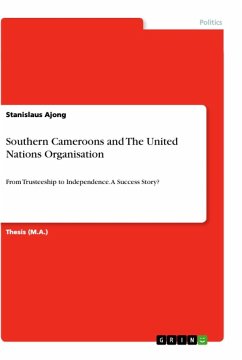Master's Thesis from the year 2019 in the subject Politics - International Politics - Topic: Public International Law and Human Rights, grade: 2.3, Friedrich-Alexander University Erlangen-Nuremberg, course: Master of Arts in Human Rights, language: English, abstract: The research seeks to provide answers to the following questions: Does the ICC have jurisdiction over crimes allegedly committed in the former Southern Cameroons? Do victims of the alleged crimes have the right to reparation? If yes, against whom? Is there any justification under international law for incitement to violence, extra-judicial killings, torturing, kidnapping, destruction, etc. as a means of self-defence?Besides being an eyewitness, this work has benefited from the works of others. First, I identified and studied a large volume of relevant documents, texts, images, videos, etc. on the subjects. This approach is qualitative, and it has been supported by Bridget and Darko. To them, the qualitative research method is a "systematic collection, organization and interpretation of textual information (also images/video)". I equally sought information from libraries, where I read books, law journals, reports, journal articles, research papers and/or academic write-ups, etc. The research was equally assisted with information from the social media, including the Facebook pages of journalists and official authorities, WhatsApp groups, etc. Online sources, especially the official websites of international human rights organizations (The UN, for example) are also a great source upon which this research work benefitted. To this end, I explored the World Law Guide (https://www.lexadin.nl/wlg/legis/nofr/legis.php), the Office of the United Nations High Commissioner for Human Rights, official website of the International Criminal Court (https://www.icc-cpi.int/) and a host of others relevant to the work. According to Polkinghorne, "qualitative data are gathered primarily in the form of spoken or written language rather than in the form of numbers". As such, this project has benefitted largely from interviews with some lawyers, teachers, human rights activists, journalists, university professors, judges, members of parliament, selected institutional respondents and the man on the streets in both the South-West and North-West regions.
Hinweis: Dieser Artikel kann nur an eine deutsche Lieferadresse ausgeliefert werden.
Hinweis: Dieser Artikel kann nur an eine deutsche Lieferadresse ausgeliefert werden.

